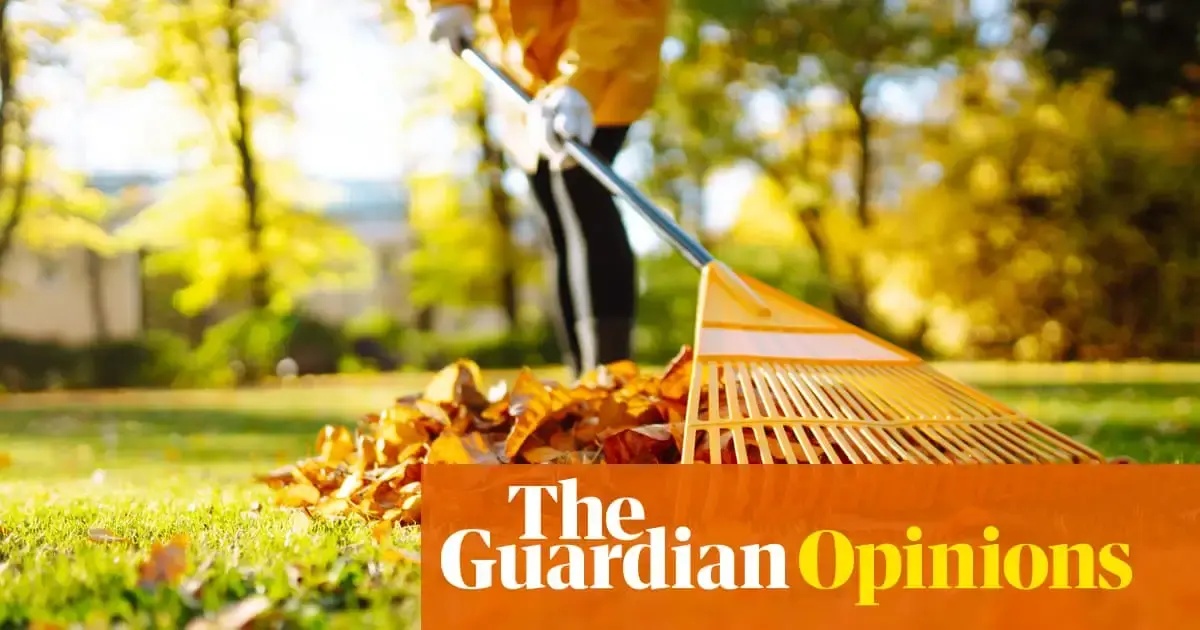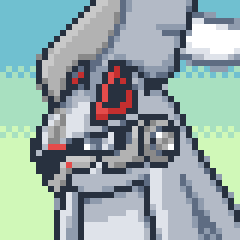Some choice quotes from the article:
[S]pent leaves that flutter to the ground aren’t a waste product. They are rich in carbon and play an essential role for the tree and the ecology it supports.
The leaves act as a physical barrier for soil, keeping it and its many microbes insulated, and also for the tree roots, as the wet mats of autumn leaves shelter the fragile top layer from the drying winds.
Many, many things live in these dead leaf layers: caterpillars of moths and butterflies, their chrysalises, beetles, centipedes, springtails, woodlice and spiders … and doesn’t the blackbird know it, rustling through the leaves?
No one loves wet autumn leaves more than earthworms, though. Sensing one of their favourite things, they start to work on incorporating them into the soil. Earthworms line their homes with autumn leaves, using them for bedding and then, because they are good housekeepers, they eat them as they break down.
Leave the leaves be: they are not a mess, a waste or a hindrance – they are life and vital with it.



In the absence of humans, nature actually does kinda have its own raking mechanism: fire! By treating any fire as bad and suppressing it as much as possible, we have created a gigantic fuel load that creates much hotter, more dangerous fires when a fire does inevitably start.
The indigenous people of Australia used fire is a part of their land management. It helped clear the land and managed land between crops, regrowth and wild animal populations. Also, some seed pods require fire in order to open thier pods. Otherwise the seeds won’t be released. I had the opportunity to live in Australia for two years and got to learn about some of this.
This video nicely illustrates what has been learned about pre-colonial land management by the indigenous people.
To me, it appears they had a deep understanding of the land. Something that had been developed through careful observation and passed down through traditional knowledge. Knowledge that had been disrupted and destroyed. Leaving behind so many broken people.
It deeply saddens me to know that such intimate knowledge of the land had been destroyed. It makes me wonder just how much local knowledge has really been destroyed through colonialism or other expansive and destructive forces.
Even with all that said, we today can still learn from these people. We can still learn from the land around us. We can draw inspiration from all this in order to build a sustainable future. We can start building our own knowledge again to pass down to our future. It doesn’t have to involve raking our leaves and shipping it somewhere else that’s out or sight and out of mind.
My hate for mowing and raking runs pretty deep.